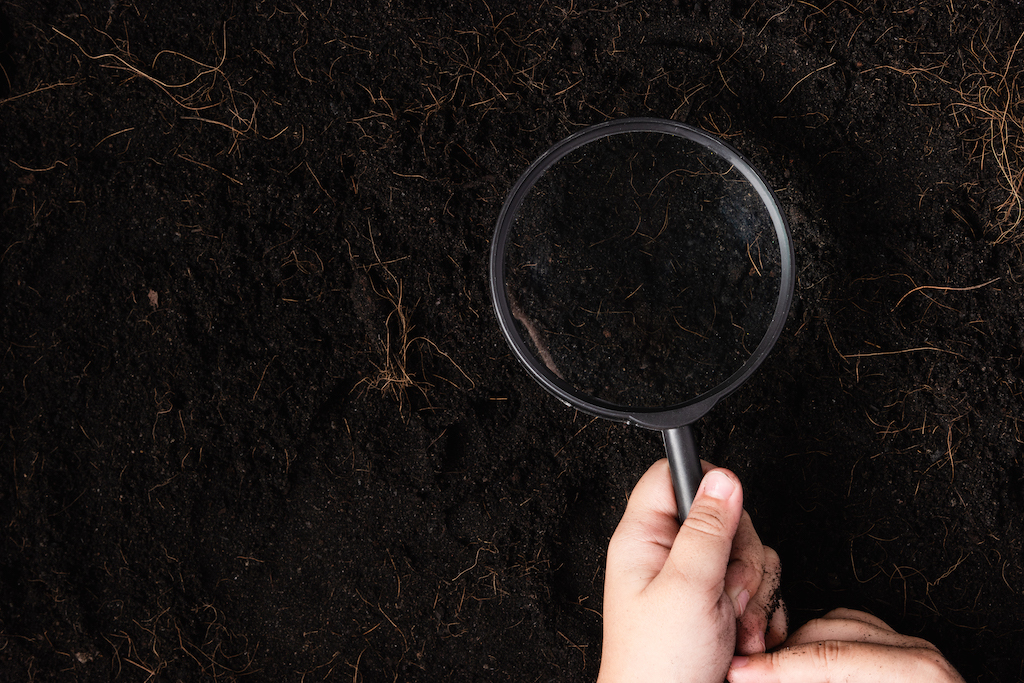What is Soil Microbiology and Why is it Important?
Soil microbiology focuses on the microorganisms living in the soil. These microbes are like the underground workforce that keeps the soil alive and thriving. Some microbes help break down dead plants and animals, turning them into nutrients for new growth. Others work directly with plant roots, helping them absorb water and nutrients more effectively. Together, they form a complex ecosystem that supports life above and below the ground.
Healthy soil is essential for growing crops. It provides plants with the nutrients they need to grow strong and resist diseases.
The Role of Microorganisms in Soil Health
- Nutrient Cycling
Microbes are nature’s recyclers. When plants and animals die, bacteria and fungi break down their remains, releasing essential nutrients like nitrogen, phosphorus, and potassium back into the soil. These nutrients are then absorbed by plants, creating a continuous cycle of life. - Nitrogen Fixation
Some bacteria, like Rhizobium, form a special partnership with plants such as legumes (like beans and peas). These bacteria “fix” nitrogen from the air and turn it into a form that plants can use. This natural process reduces the need for synthetic fertilizers, which can harm the environment. - Disease Control
Certain soil microbes act as natural defenders, protecting plants from harmful pathogens by producing antibiotics that kill plant diseases. - Improving Soil Structure
Fungi, especially mycorrhizal fungi, help bind soil particles together, creating spaces for air and water. This improves the soil’s structure, making it easier for plant roots to grow and absorb nutrients.
Conclusion
Soil microbes may be invisible, but their impact is enormous. They are the foundation of healthy soil, which in turn supports plants, animals, and humans. By understanding and protecting these tiny organisms, we can ensure our soil remains fertile and productive for generations to come.
Comments are closed.




